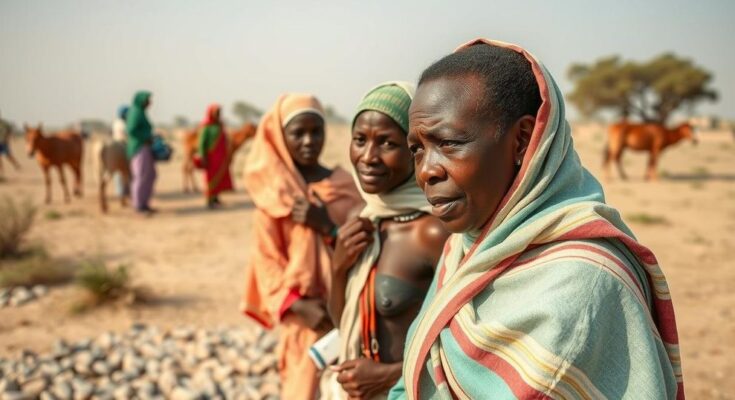This study examines the gendered impacts of climate change on pastoralist migration in northern Senegal. It focuses on herders from the Ferlo Reserve, exploring their internal migration to the Kédougou region due to climate variability. Key themes include men’s adaptive migration strategies and the implications for women left behind, emphasizing the need for gender-sensitive adaptation approaches.
The study investigates the intricate dynamics of internal migration linked to climate and environmental changes among pastoralist herders in northern Senegal, specifically focusing on communities in the Ferlo Reserve. As climate variability intensifies, herders increasingly migrate to the more temperate Kédougou region, highlighting a significant adaptation strategy. This research particularly emphasizes gender differences, whereby male herders migrating southward face new environmental constraints, thus impacting the roles and responsibilities of women who remain in their communities. Women, while managing household duties and livestock, experience shifts in family dynamics as men engage in extended migrations. The findings aim to inform more gender-sensitive adaptation strategies to better address the unique challenges posed by climate change. Through qualitative methods including semi-structured interviews and focus group discussions with 133 participants, along with additional key informant interviews, the study captures the lived experiences and resilience strategies of these herders.
Climate change poses substantial challenges globally, with particular vulnerabilities within pastoralist communities in Senegal. In this context, traditional pastoral practices are disrupted by environmental variability, affecting both herders’ mobility and their adaptive capacities. Understanding the social dynamics, particularly through a gender lens, is essential for crafting effective interventions that enhance resilience among vulnerable populations. This case study centers on the Ferlo Reserve in northern Senegal, illustrating how climate-related changes impact migration patterns and gender roles among herders.
In conclusion, the research highlights critical insights into how climate change influences internal migration patterns among pastoralist herders in northern Senegal while underscoring the gendered dimensions of this phenomenon. Male migration serves as a vital adaptive strategy, yet it significantly reshapes the roles of women left behind. The comprehensive findings aim to refine gender-responsive strategies for adaptation to enhance resilience and ensure equitable support for all community members.
Original Source: reliefweb.int




